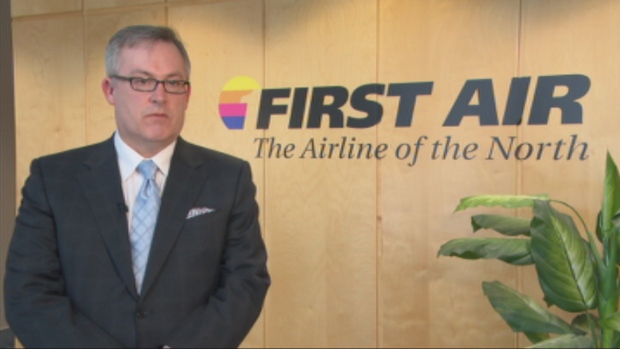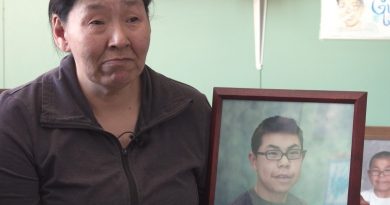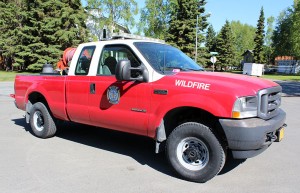First Air has ‘taken definite lessons’ from deadly Arctic plane crash

First Air says it has already made changes following a deadly plane crash two and a half years ago.
“When you have something like this happen, you take a hard look in the mirror and put your whole operation under a microscope,” said Chris Ferris, First Air’s executive vice president. “We have taken definite lessons from this accident. It’s something none of us want to go through again.”
The Transportation Safety Board’s investigation report into the crash, released yesterday, blamed “a complex series of events” for the accident, which killed 12 people and injured three passengers who survived.
At the time of the crash, the two people in the cockpit were unable to understand what exactly had gone wrong, or to communicate their different understandings effectively.
“They were contending with a high workload and there was a number of elements that brought to that point in time in that accident,” Ferris said. “What we’re trying to do is remove those links in the accident chain so that they are flying stabilized approaches and they aren’t arriving with a high workload.”
The airline said pilots now receive more training. Ferris said they’ve also rewritten flight manuals and reinforced standard communication among the crew.
Ferris said the company is also using better technology that will help analyze their fleet’s performance on landings.
“What we’re doing is learning those lessons and getting stronger and better to make sure that doesn’t happen again.”
Among the findings from the Transportation Safety Board, were that the First Officer on board the flight twice suggested aborting the landing, but his communication was not successful.
The crash report recommends pilots receive two days training on how to communicate in the cockpit. It found Captain Blair Rutherford and First Officer Dave Hare were trained for half a day.
First Air, which bills itself as “The airline of the North,” provides schedules and charter flights for people and goods across northern Canada. The company employs about 1000 people, including 45 pilots. It is a wholly-owned subsidiary of Makivik Corporation, the Inuit organization created as a result of the James Bay and Northern Quebec Agreement in 1975.
Related Links:
Captain ignored co-pilot’s warnings before plane crash in Canadian Arctic, CBC News
Read the TSB report on the crash, here
The Victims of Resolute Bay crash in Canada’s High Arctic, CBC News
Plane crash outside Resolute Bay rocks Arctic community, Blog by Mia Bennett



